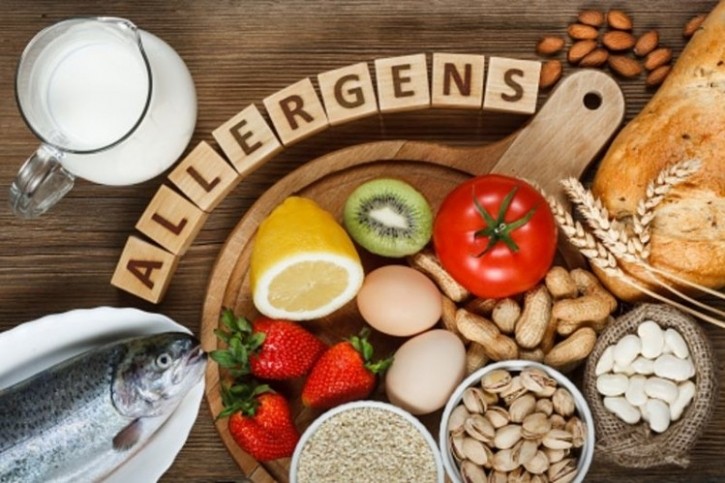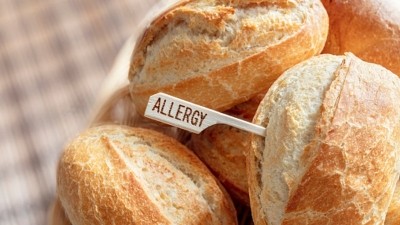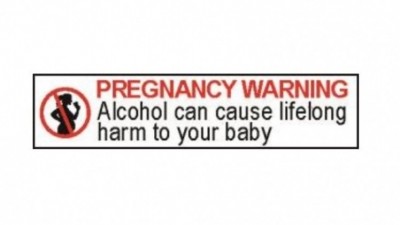Food supply safety: Australia sees lowest rate of allergen-related product recalls in close to a decade – government data

FSANZ performs a yearly analysis on Australian food recalls to identify issues in the industry and stop potential problems from forming early on – for many years, allergens in particular have been one of the top food safety scourges plaguing the industry, prompting the agency to launch various initiatives from tighter regulations to a consumer information portal in order to overcome this.
As of its most recent analysis in 2022, it appears that these initiatives have seen some effect, with allergen-related food product recalls dropping 23.6% from 38 cases in 2021 to 29 cases in 2022.
Although the numbers appear small in the context of the entire food system, this drop is significant as it is the lowest rate that Australia has managed to reach in eight years since 2014 (which saw 27 cases) and is 43.1% lower that its most recent peak of 51 cases in 2020.
“In the 10 years between 2013 to 2022, the most allergen-related food recall cases were due to milk (105 recalls; 30%) and peanuts (51 recalls; 18%) as well as multiple allergens (61 recalls; 18%) – [the common occurrence] of these cases was the reason FSANZ introduced additional [investigation] into undeclared allergen recalls,” the agency said via a formal statement.
“In 2022, this has shown a downward trend compared to previous years [and] there has also been a decline in issues related to packaging errors such as the use of wrong packaging, wrong claim labels, or wrong ingredient lists.
“[That said], last year there was some increase in cases involving chemicals or contaminants (10 cases; 150% increase from four cases in 2021) such as cleaning agents or heavy metals; as well as foreign matter (11 cases; 120% increase from 5 cases in 2021) such as plastic or glass.”
However, the agency also stressed that given the ‘very small’ segment of problematic foods, there is no need for consumers to worry about local food supply safety.
“The volume of food recalled represents a very small proportion of the large amount of food products available in the Australian market - Most recalls are precautionary and initiated by food businesses to ensure that potentially unsafe food is removed from distribution and sale,” it added.
“Only a small amount of recalls are linked to a suspected or confirmed illness/injury.”
“In fact, an overall increase in the number of food recalls indicates that the system works to safeguard the food supply [as] broader regulatory oversight, improved [industry] self-monitoring and greater consumer vigilance have helped to strengthen problem detection.”
Vigilance still recommended
Nonetheless, it is still important for both food manufacturers and consumers to remain vigilant when it comes to the production and consumption of products as FSANZ data also showed that an overwhelming proportion of food recalls only take place after the products have been made available for sale.
“Trade recalls are for products that have not been available for direct purchase by the public, such as those sold to wholesalers and caterers; whereas consumer recalls are when the food has been available for retail sale,” FSANZ said.
“Between 2013 and 2022, consumer recalls accounted for 87% of all food recalls and trade recalls 13%.”
Manufacturers also need to be wary because despite the drop in allergen-related recalls this year, improvement was seen in cases involving root causes such as accidental cross-contact and packaging errors, suggesting improvements lower down the production chain – but not in terms of supplier verification issues meaning that risk factors higher up the supply chain still exist.
“Supplier verification issues, e.g. a raw ingredient contained an allergen but this information was not passed on to the manufacturer, [have emerged as] the top root cause for undeclared allergens food recalls in 2022 [with] the number of nine cases remaining the same as in 2021,” stated the report.



















